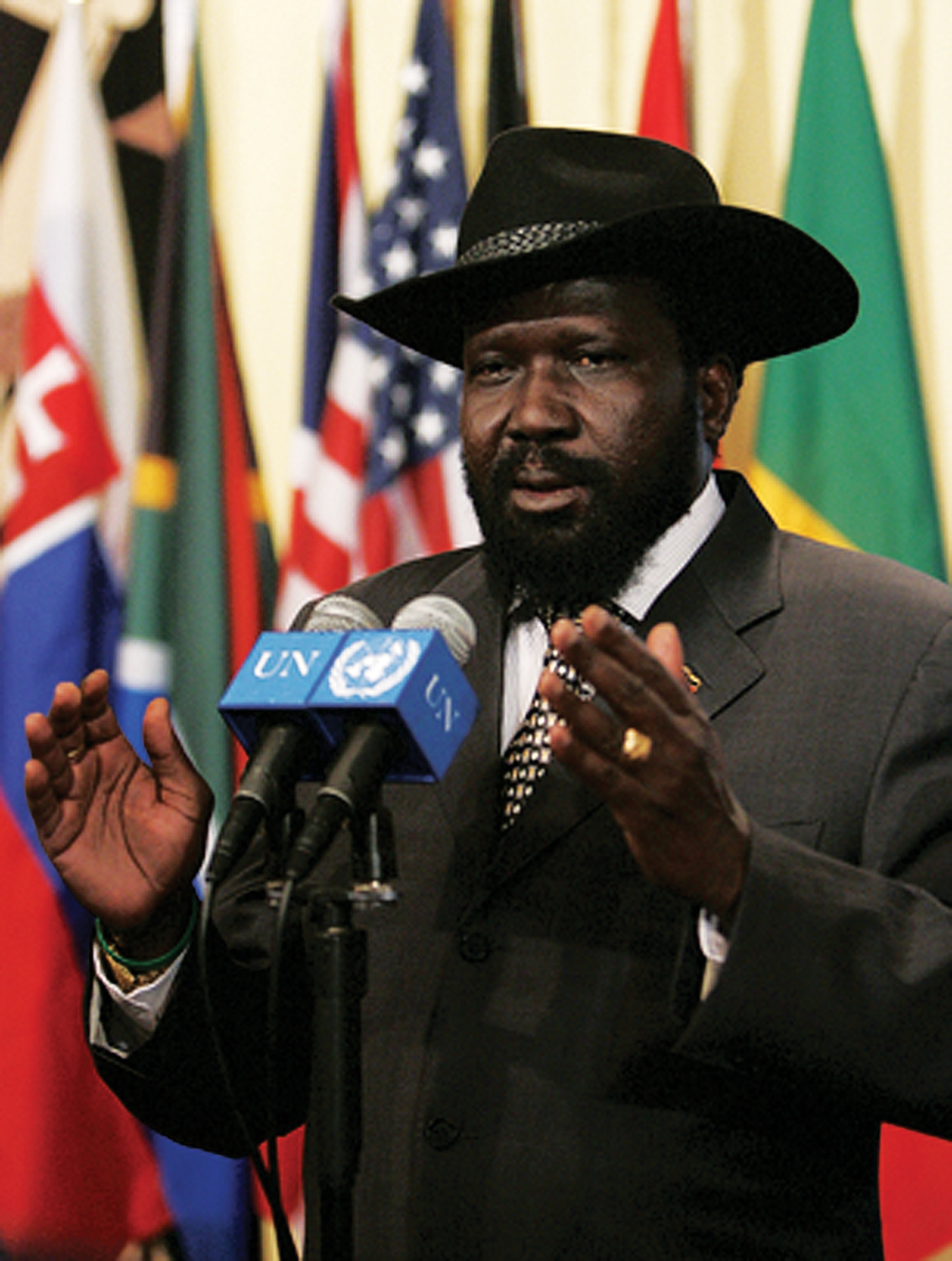Lori-Ann Russell
Staff Writer
In the last few weeks – Jan. 9 through 15, specifically – Sudan’s people worked to change history, as the southern Sudanese voted to become an independent state.
It is a movement anticipated by the entire world. Nearl four million people were registered to vote in the referendum that ultimately added a new number to the world’s country count.

Sudan gained independence from Britain’s colonial grip Jan.1, 1956, letting free the independent kingdoms that had been assimilated by Egypt into one nation, in 1820. Smiles spread on the faces of many Sudanese as knowledge of their liberation spread across the African terrain.
In a matter of months, their celebration came to a depressing halt, as the country turned its focus toward a significant crisis that loomed in the distance; the political strife between Northern and Southern Sudan kept the country on edge for years as the vouch for separation deepened.
Southern Sudan’s plea for separation will, in their belief, create independence for many people.
The factors that prolonged the 17-year civil war between Northern and Southern Sudan have been debated for years. Politics played a role, of course, but religion may also be the dominant factor in the call for independence.
The pinnacle of this war essentially stems from Northern Muslims’ and Southern Christians’ fight for spiritual supremacy. Faith has become the underlying foundation in this conflict but Sudan’s fate remains undetermined.
More than 98 percent of the ballots were cast for independence, yet many still turn to the government for a sense of direction.
Sudan’s current leader, Omar al-Bashir, took control in 1989, after staging a military coup – his governing, too, left people divided. As the referendum loomed closer, al-Bashir – charged by the International Criminal Court for the genocide in Darfur in March 2009 – said “peace is our ultimate goal.”
That declaration is only half of the story.
In an earlier interview with Al Jazeera TV, al-Bashir claimed Southern Sudan will be “unable to support Southern Sudanese” if the ballot results in a separation. Southern Sudan has a population of more than eight million people, but is one of the poorest nations in the entire world – half the population lives on less than the equivalent of $1 a day.
Hopefully, Sudan’s major export – oil – might help turn these statis- tics around as the country settles.
Barack Obama said Sudan’s call to action was “successful and inspiring.” Foreign Affairs and International Trade Canada commended the people of Sudan for their resistance to violence after the referendum took place Jan. 9.
But now that the decision has been made, the world looks to Southern Sudan to fulfill its declarations.
Many civilians there hope the country will be able to live in harmony. In other parts of the world, separation has caused more friction, rather than assimilation. For Sudan, friction may be the only thing that’ll unify the nation.
The war still continues. Human rights groups remain determined to arrest Omar al-Bashir for his war crime charges in Darfur.
Olivia Warham, director of Waging Peace, has said “the final results of Southern Sudan’s referendum on secession come as student protesters are beaten and killed on the streets of Khartoum, serving as a reminder that the world cannot see the referendum as a ‘job well done’ and turn away from Sudan.”
Warham thus challenges those who believe the referendum could be a fresh start for the Sudanese, a chance to forget the tyranny that has left them in shambles.
Since 2005, Salva Kiir Mayardit has acted as president for Southern Sudan, even though al-Bashir appears as the autonomous decisionmaker. Southern Sudan’s future lies in the hands of Mayardit and what he plans to do with the withering economy.
In 2009, Mayardit made his point of view clear. “The upcoming referendum is a choice between being a second-class in your own country, or a free person in your independent state,” with Southern Sudan ultimately representing the minority.
Mayardit became national vice-president in 2005 after the death of John Garang, Sudan’s national deputy leader. His position in parliament is afforded much authority because of his involvement in the negotiation of a 2005 peace deal, which ended the civil war.
His activism encourages the Southern Sudanese to hold true to their belief in change.
Unfortunately, tragedy continues to envelop the country. Rural development minister Jimmy Lemi Milla was found dead Feb. 9, 2011, along with his bodyguard.
It’s but a glimpse of the chaos that still lingers in Sudan, even after the referendum. According to BBC News, Milla was a former supporter of the northern ruling party, but switched allegiance after 2005, when the Comprehensive Peace Agreement (CPA) was signed to end two decades of civil war.
As this tragedy continues to unfold, the Southern Sudanese parliament lies fragmented.
For now, Sudan appears as a flickering blip on the world’s radar, as a country that will eventually be called “The Republic of Southern Sudan” gets its feet a little wet.
It will take more than a few months for “New Sudan” to fully establish itself. In the eyes of democracy, resistance can be futile, but peace must be attained.
United for separation




